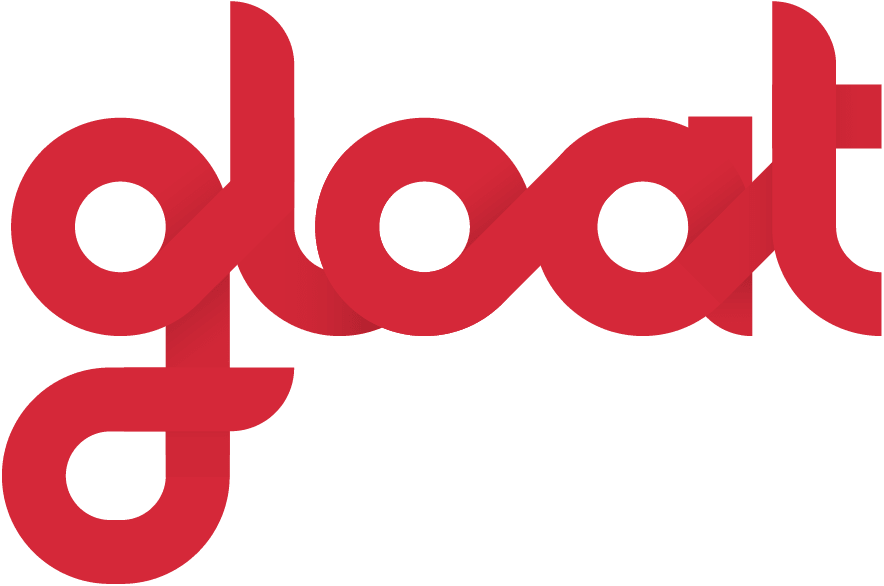The untapped potential of talent marketplaces in diversity, equity, inclusion, and belonging strategies
Moving the needle with marketplace dynamics

The Great Resignation has become the Great Messenger. If we pay attention, it’ll tell us a great deal about what our people are looking for from their employers. Fundamentally, it’s about opportunities, flexibility, and fairness. Employees want democratized access to meaningful growth experiences and the chance to step up and make a difference.
These demands are all part of a much larger conversation about diversity, equity, inclusion, and belonging (DEIB). After building under the surface for decades, COVID-19 and our years of cultural reckoning are shining a much-needed spotlight on these discussions. Today’s leaders understand that they must enact foundational changes to traditional organizational and managerial practices to meet this moment. A recent Deloitte survey found that 43% of CEOs now count building a diverse, equitable, and inclusive workforce as one of their top challenges.
While many organizations are releasing statements and conducting surveys, only a small number are going past the exploration stage and starting to take action. But recently, one new technology has emerged with the potential to move the needle: the talent marketplace. These platforms can mitigate bias by increasing the visibility of opportunities and talent and bringing the two together using ethically constructed AI.
Talent marketplaces and the power of visibility
Talent marketplaces first fell onto many leaders’ radars during the onset of COVID-19. When the pandemic turned workplace agility into a do-or-die factor, businesses began leveraging talent marketplaces to rapidly respond to change. The platforms provide unparalleled visibility, allowing leaders to look beyond the employees that are directly in front of them and start deploying skills as needed to meet new challenges as they arise.
However, while agility may have been the talent marketplace’s original selling point, it’s far from the only one. As Diana Kearns-Manolatos, a Senior Manager at Deloitte’s Center for Integrated Research, explains,
Talent marketplaces all operate under the same premise: skills are used to match workers with opportunities to enable managers to more quickly and effectively access talent based on shifting talent needs. Their focus on skills as the main currency of the marketplaces can serve as an equalizer to eliminating unconscious individual and/or systemic organizational biases.
Take one of our earliest partners, Unilever, as an example. When COVID-19 hit, they introduced a “Raise a Hand, Lend a Hand” campaign to rapidly respond to evolving priorities. With the help of their talent marketplace, they staffed more than 700 business-critical projects and unlocked 26,000 hours within the first two months of the pandemic’s onset. But they also found that the platform had a real impact on empowering their female employees to take on new opportunities. While the gender breakdown at Unilever is an equal 50:50 split, nearly two-thirds of the projects and roles on their talent marketplace have been assigned to female employees.
3 DEIB wins businesses can achieve with a talent marketplace
Talent marketplaces fundamentally change the way managers and leaders do business, enabling organizations to take three crucial steps towards creating truly equitable workplaces:
#1. Uncover talent that may have been overlooked
The pandemic demonstrated that the potential within our organizations far exceeds the jobs that our people were hired to do. There are countless stories of employees stepping up, taking on new roles, and expanding the scope of their responsibilities during the height of the crisis. And now that we’ve seen what our workforce is truly capable of, every leader has both the responsibility and the opportunity to take advantage of it.
It’s pretty much impossible to do that administratively and manually. You might not know that one of your sales executives moonlights as a photographer. Or that your operations manager also knows how to code. Every employee has their own skills and their own story, but until now, most of that went untold and unseen. Talent marketplaces don’t just put that knowledge in reach; they harness it to find the needle-in-a-haystack candidates who have the capabilities, capacity, interests, and aspirations to do exactly what your business needs when you need it.
“First and foremost, anyone using a talent marketplace will be immediately able to discover hidden talent—candidates and skills they didn’t know existed. And they’ll be able to experience how diverse, valuable, and capable these discovered candidates are,” Seagate’s Director of Talent Mobility and Talent Technology, Divkiran Kathuria, explains.
#2. Reduce unconscious bias
In the past, many workplace diversity initiatives were doomed to fail because they overlooked one key truth: we are all biased. Even the most trained and open-minded individuals have a set of underlying assumptions that unconsciously skew their viewpoints and sway their decisions. That’s a big part of why talent marketplaces are such a powerful tool for DEIB strategies; platforms powered by ethically-constructed AI level the playing field by giving us an objective view of our people based solely on their skills, experiences, and ambitions.
It’s something that leaders like Jean Pelletier, Vice President of Digital Talent Transformation at Schneider Electric, have seen firsthand. “Our first step is that we have matching that helps de-bias so that we’re leading with skills and experience first. We have an employee inventory that doesn’t just look at what I did at Schneider but also my history,” she explains. “We’ve never been able to mine that from an AI perspective before. So the talent marketplace does de-bias who your candidate slate for new projects could be.”
#3. Equalize access to development opportunities
Creating a truly equitable workplace requires more than just equalized access to upcoming projects and gigs. Leaders must also ensure that their people all have the same opportunities to expand their skill sets and accumulate the knowledge and training they will need to reach their long-term career goals.
Talent marketplaces level the playing field by giving everyone a chance to participate in growth opportunities. The platforms have evolved beyond simply matching employees to immediate project openings; the newest offerings allow workers to identify the gaps they will need to bridge to achieve their career ambitions and pinpoint which projects will help them get there.
As a result, talent marketplaces don’t just diversify the immediate candidate slate for projects, they also plant the seeds for future progressions that are more equitable. “Talent marketplaces can disrupt traditional approaches to career advancement,” Kearns-Manolatos summarizes. “Workers can use the talent marketplace to build new skills and verify them. This development opportunity could be particularly important to advance groups at risk of being overlooked in traditional talent management structures. And creating a diverse leadership team will be crucial for every DEIB strategy because employees need to see that people from all walks of life are included and represented on your organization’s executive board.”
Ultimately, the secret to thriving during the Great Resignation is simple: you need to demonstrate that the best growth opportunities exist within your organization, rather than somewhere else.







